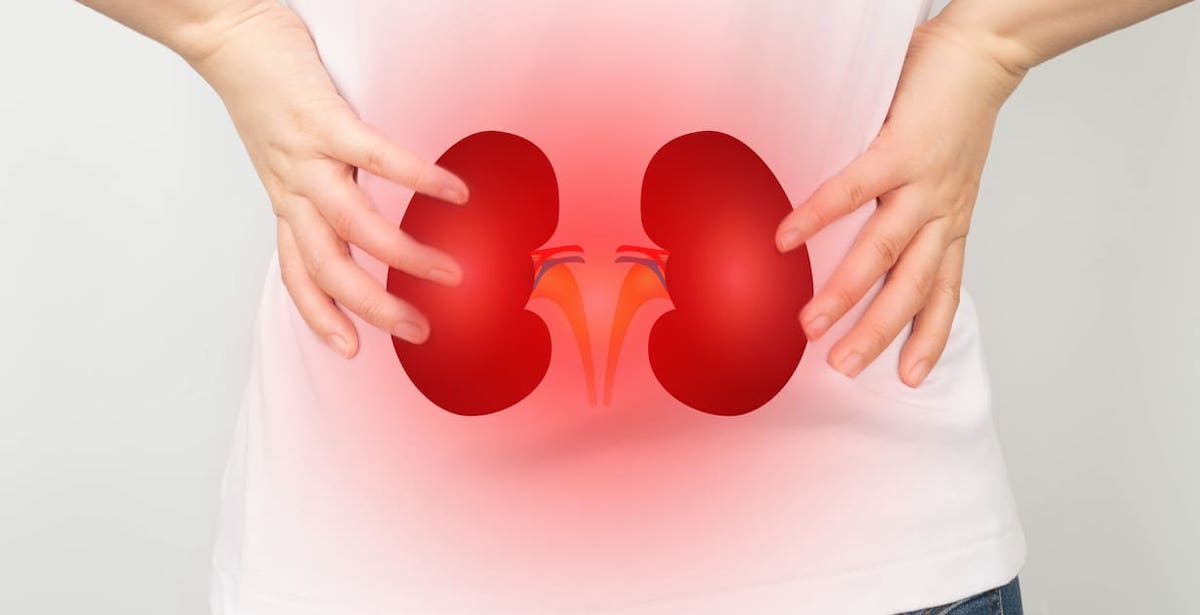Kidney failure is a significant health problem where the kidneys don’t work properly, affecting their role in filtering blood and maintaining the body’s balance of water and minerals. It’s a common problem in the United States, with millions of people affected. Recognizing kidney failure is crucial because, if untreated, it can lead to serious health complications and even be life-threatening. Early detection is key to managing the condition effectively and preventing further health issues, highlighting the importance of awareness and attention to kidney health.

What Is Kidney Failure?
Kidney failure is when a person’s kidneys are not able to perform their essential function effectively. Normally, kidneys are responsible for cleaning the blood and managing fluids and various elements in the body. In kidney failure, this crucial process is disrupted. When someone has kidney failure, their kidneys can’t clean the blood properly. This means waste and extra water stay in the body, which can cause (life-threatening) health problems.
Are There Different Types of Kidney Failure?
There are different types of kidney failure, each with its own characteristics:
- Acute Kidney Injury (AKI): This type happens suddenly, over a few days or weeks. The kidneys quickly stop working well. It can sometimes get better with treatment.
- Chronic Kidney Disease (CKD): This type develops over a longer time, often years. The kidneys slowly stop working well. This type usually gets worse slowly and needs ongoing treatment.
- End-Stage Renal Disease (ESRD): This is the most serious type. The kidneys have stopped working almost completely. People with ESRD need regular treatments like dialysis (a machine cleaning the blood) or a kidney transplant.
What Causes Kidney Failure?
Kidney failure can be caused by different things. It’s often caused by diabetes and high blood pressure. Diabetes, which leads to high blood sugar levels, can damage the kidneys over time. High blood pressure can also harm the kidneys by putting too much pressure on them. Other causes include:
- Certain diseases that directly affect the kidneys, like polycystic kidney disease.
- Long-term use of some medications.
- Exposure to certain toxins or chemicals.
Continue reading on the next page and discover, among others, how you can recognize this condition.

